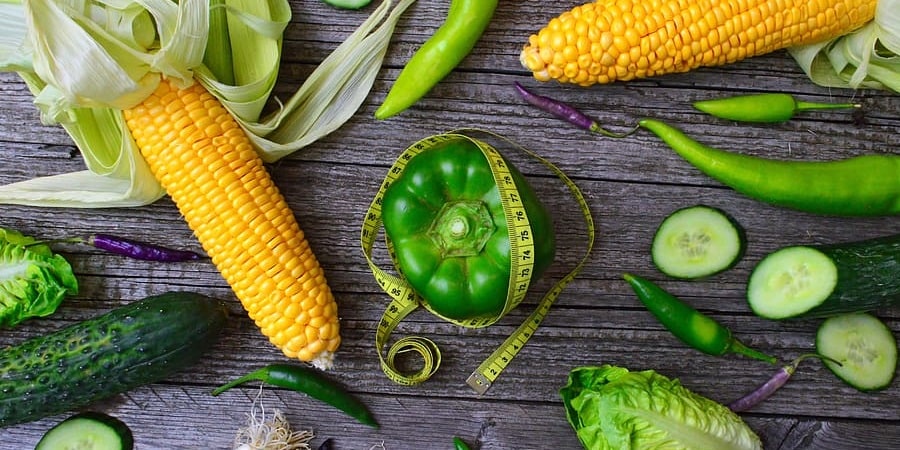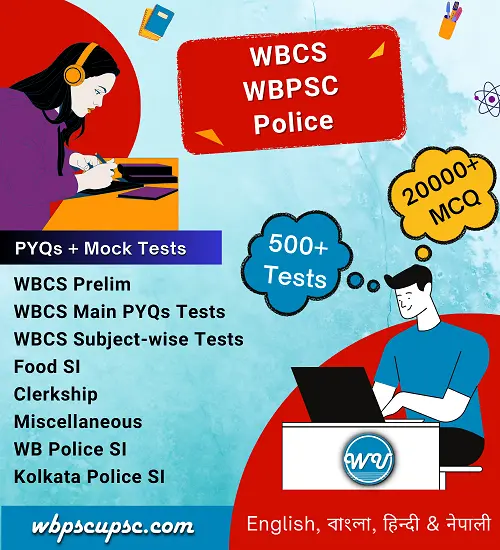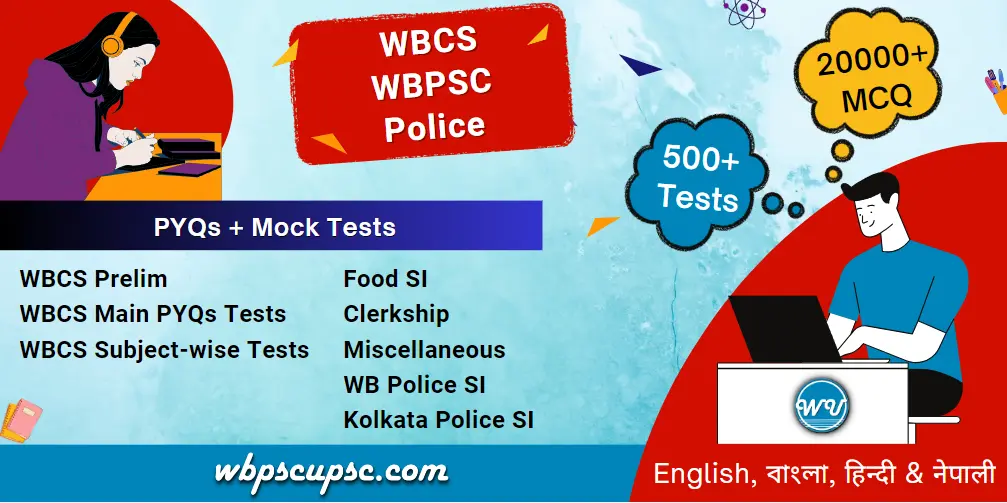Contents
- Vitamins are organic substances that an organism needs in small quantities for the proper functioning of its metabolism.
- Vitamins are essential micronutrients that human body needs to grow and develop normally.
- Essential nutrients cannot be synthesized in the organism.
- So we must be obtained it through the diet.
- In humans there are 13 vitamins
- 4 fat-soluble – A, D, E, and K
- 9 water-soluble – B complex and C
- Vitamins have diverse biochemical functions.
- Each vitamin has specific jobs in human body.
- You may get health problems, if you have low levels of any vitamins.
- We need to eat a balanced diet with a variety of foods to maintain proper level of all vitamins.

Fat Soluble Vitamins
Vitamin A
- Chemical Name – Retinol, Carotenoids, beta-carotene
- Deficiency Disease – Night blindness, Hyperkeratosis, Keratomalacia
- Food Sources – Liver, fish, milk, orange, ripe yellow fruits, leafy vegetables, carrots, pumpkin, squash, spinach, soy milk
- Vitamin A helps for growth and development of body.
- It helps to maintenance of the immune system and good vision.
- Vitamin A is needed by the retina for the light-absorbing molecule.
Vitamin D
- Chemical Name
- D2 – Ergocalciferol
- D3 – Cholecalciferol
- Deficiency Disease – Rickets, Osteomalacia
- Food Sources – Lichen, eggs, liver, certain fish species such as sardines, certain mushroom species such as shiitake
- Natural source of vitamin D is synthesis of cholecalciferol in the lower layers of skin epidermis through a chemical reaction with UV radiation.
- Vitamin D is a pro-hormone
- Its active form is Calcitriol, normally made in the Kidney.
- Vitamin D helps intestine to absorb calcium, magnesium, and phosphate.
Vitamin E
- Chemical Name – Tocopherols
- Deficiency Disease – Deficiency is very rare. Mild hemolytic anemia in newborn infants.
- Food Sources – Many fruits and vegetables, nuts and seeds, and seed oils.
- Vitamin E is an antioxidant.
Vitamin K
- Chemical Name – Phylloquinone
- Deficiency Disease – Bleeding diathesis
- Food Sources – Leafy green vegetables such as spinach, egg yolks, liver
- Vitamin K synthesise of certain proteins that are needed for blood coagulation.
- It controls the binding of calcium in bones and other tissues.

Water Soluble Vitamins
Vitamin B1
- Chemical Name – Thiamine
- Deficiency Disease – Beriberi, Wernicke–Korsakoff syndrome, Optic neuropathy, Leigh’s disease, African Seasonal Ataxia, Central pontine myelinolysis
- Food Sources – Eggs, Pork, Oatmeal, Brown, rice, Edible seeds, Legumes, Vegetables, Potatoes
Vitamin B2
- Chemical Name – Riboflavin
- Deficiency Disease – Stomatitis, Anemia, Angular stomatitis, Prolongs recovery from malaria.
- Food Sources – Dairy products, Eggs, Bananas, Popcorn, Green beans, Asparagus, Mushrooms, Almonds
Vitamin B3
- Chemical Name – Niacin, Niacinamide, Nicotinamide riboside
- Deficiency Disease – Pellagra
- Food Sources – Meat, Fish, Eggs, Milk, Vegetables, Beans
Vitamin B5
- Chemical Name – Pantothenic acid
- Deficiency Disease – Paresthesia, Muscle cramps, Hypoglycemia
- Food Sources – Meat, Fish, Egg yolks, Sunflower seeds, Alfalfa, Cereal, Peanut, Mushrooms
Vitamin B6
- Chemical Name – Pyridoxine, Pyridoxamine, Pyridoxal
- Deficiency Disease – Anemia, Peripheral neuropathy
- Food Sources – Meat, vegetables, tree nuts, bananas
Vitamin B7
- Chemical Name – Biotin
- Deficiency Disease – Dermatitis, enteritis
- Food Sources – Raw egg yolk, liver, peanuts, leafy green vegetables
Vitamin B9
- Chemical Name – Folic acid, Folates
- Deficiency Disease – Megaloblastic anemia, deficiency during pregnancy is associated with birth defects, such as neural tube defects
- Food Sources – Leafy vegetables, pasta, bread, cereal, liver
Vitamin B12
- Chemical Name – Cyanocobalamin
- Deficiency Disease – Pernicious anemia
- Food Sources – Meat, poultry, fish, eggs, milk
- It’s needed for making red blood cells (erythropoiesis).
- Cobalt deficiency causes the deficiency of B12.
Vitamin C
- Chemical Name – Ascorbic acid
- Deficiency Disease – Scurvy
- Food Sources – Many fruits and vegetables, liver
- Vitamin C is an antioxidant.
- It is involved in protein metabolism




